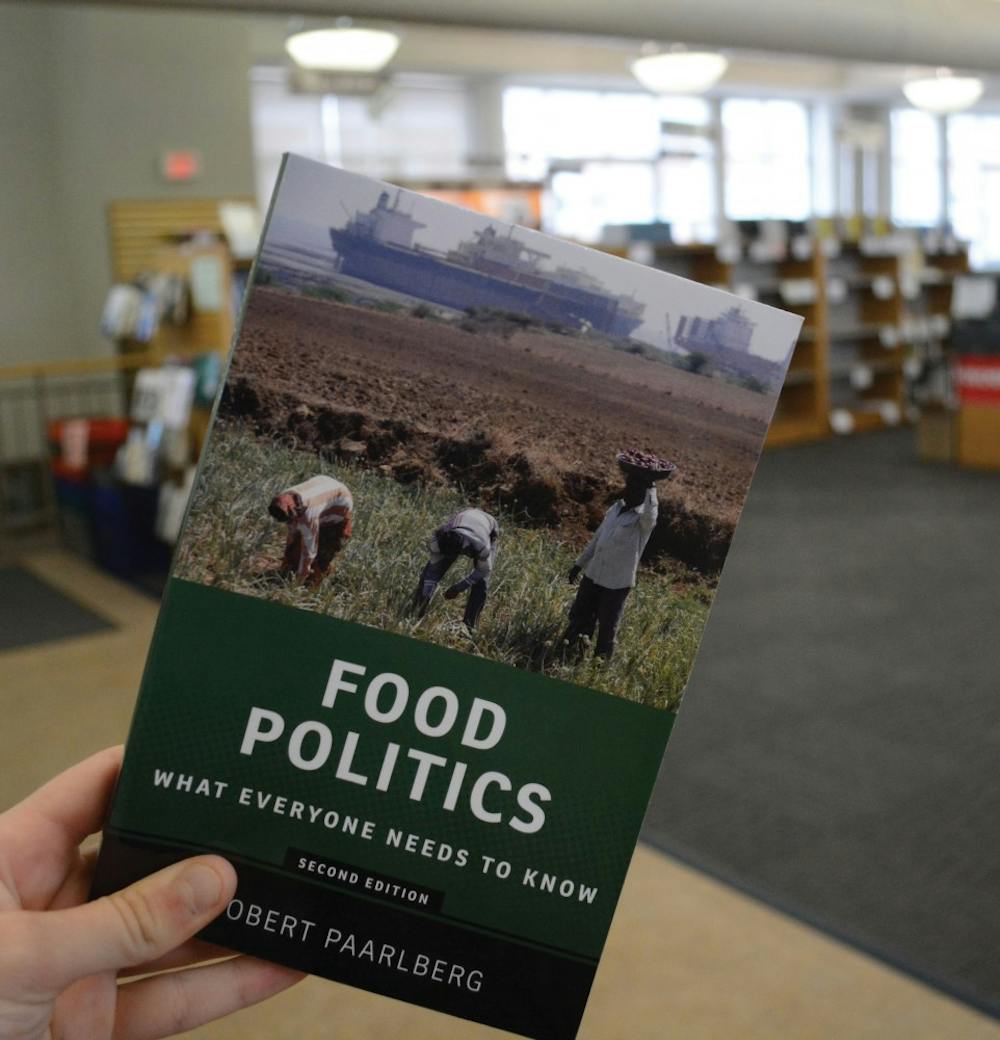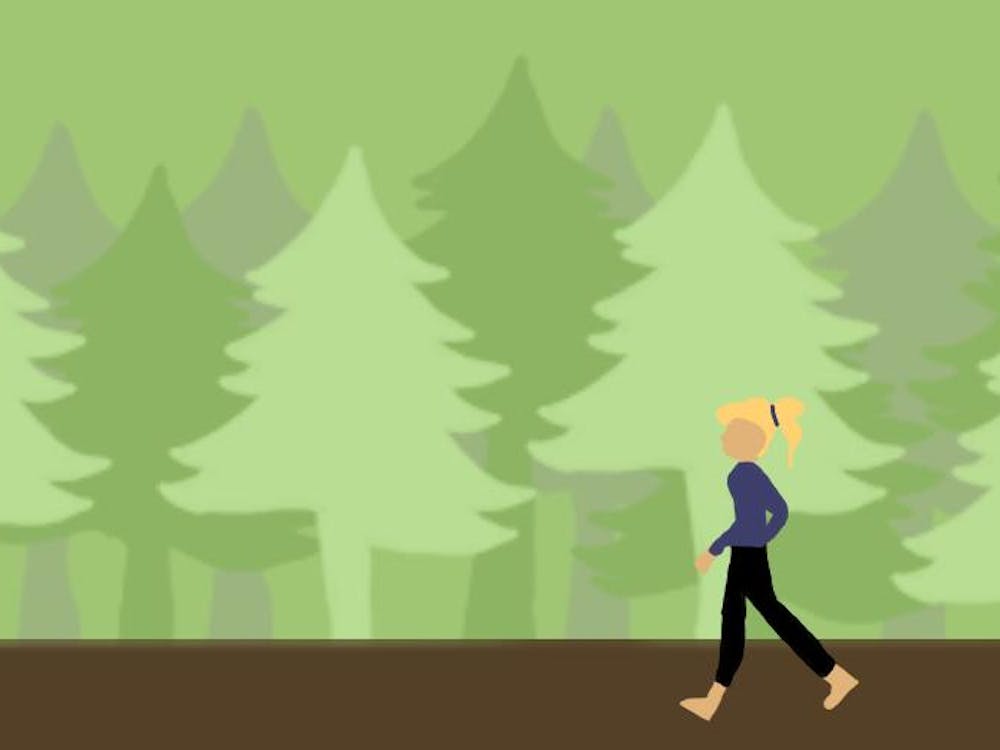Food and academics are both integral parts to the life of any University student. Several University professors are working to merge these pillars of the collegiate experience — developing several College Advising Seminars for first-year students which center on the topic of food.
Politics Prof. Paul Freedman’s COLA “The Politics of Food” aims to contextualize food in the realm of global politics and make students aware of their own eating habits.
“[In college], students are responsible for their own food choices for the first time, in a way they haven’t been before,” Freedman said. “It’s an opportune time to get students to think about what they’re eating and think about how their individual choice fits into a larger context — not just nationally, but globally.”
Freedman hopes to make his students more educated eaters by demonstrating how their choices are embedded within larger systems and are shaped by lawmakers and food corporations.
“Eating is ultimately a political act,” Freedman said.
Lessons in Freedman's COLA outline how compost and the recycling is handled, as well as how University dining services accommodates the needs of the University community.
Food not only extends to the political sphere but also cultural and racial spheres — as emphasized by a COLA taught by Kelley Deetz, a postdoctoral fellow in the Diversity Office. Deetz's course — “Virginia’s Table: Food, Slavery and Identity” — focuses on the culinary history of 19th century Virginia, particularly the history of Virginia’s enslaved cooks.
“I just love Virginia and its rich cultural history,” Deetz said. “Looking at plantation dining in Virginia provides an excellent look into the function of food at places like Monticello, Mount Vernon and other high-profile homes. The enslaved cooks and their skills were central to the presentation of wealth and southern hospitality.”
Students in Deetz’s COLA will research 19th century artifacts and old cookbooks to trace the cultural roots of plantation meals. They will also search for records of enslaved cooks who worked here at the University.
Lisa Shutt, who teached in the African American and African Studies Department, teaches a course called “Food and Culture,” which discusses food within a cultural context — a topic Shutt says speaks to her interests as well as students'.
“There are two things that get students talking,” Shutt said. “Food and media.”
Shutt’s course also analyzes the relationship between food and gender.
“I asked them what a woman orders [on a first date], and they said, ‘Salad,’" Shutt said. "I asked them what a man orders, and they said ‘Steak.' Why do we connect salads to femininity and steaks to masculinity?”
Shutt's students also explore food as it pertains to the nation, kinship, society and ritual.
Food can also be tied to linguistics — a relationship explored in American Studies and Anthropology Prof. Ashley Williams’ COLA, “Food Talk.” Williams investigates how people talk about food and food metaphors.
“It’s a good introduction to the University because it takes an interdisciplinary approach, including, but not limited to, social sciences, humanities, and anthropology,” Williams said.
Despite the different perspectives each COLA takes, there seems to be a consensus.
“Everybody likes food,” Shutt said. “And people who like food really really like food.”







